Vitamin C in Whole Foods
This post may contain affiliate links. View our disclosure policy here.
Vitamin C has a ton of benefits for your health. It’s really best to get vitamin c from whole foods – there’s a lot of foods to choose from too! Supplements, if they are of good quality, can be beneficial as well. Let me tell you why you should be making sure you’re getting enough vitamin C or what the benefits are, what foods are best to have around for it, and talk a little about supplements.
The Important Benefits of Vitamin C
Scurvy Prevention
I can remember very limited parts of my elementary and high school years of health classes. I do remember learning that Vitamin C was necessary to prevent scurvy and Vitamin D to prevent Rickets(see my post on Vitamin D to learn more about that particular vitamin/hormone). Scurvy was the disease many of the pilgrims had suffered with according to many history accounts. What the RDA (recommended daily allowance) amounts do is make sure we have enough to avoid this disease, but it doesn’t tell us what else vitamin C does or that the majority of us need more for optimal health.
Essential Nutrient
I’ve reviewed a number of sources in preparation for this post today. While some sources emphasize certain benefits over others, they all talk about the role vitamin c plays as an essential nutrient your body needs to stay healthy. Ascorbic Acid, what we commonly refer to as vitamin C, is ‘self-made’ or synthesized by practically all mammals on the planet except humans. Humans have to eat food containing vitamin c (or supplement) to get this important nutrient.
Essential nutrients include vitamins, minerals, proteins, fats and even carbohydrates. We must have these nutrients for good health. We usually obtain them from food or water sources. The better quality the food or water source (think whole foods, water and herbal teas vs. processed food items containing chemicals, artificial flavors and fillers our body doesn’t need), the better our bodies can obtain and absorb the nutrient. Vitamin C in whole foods is the best way to obtain this essential nutrient.
Immune System
Vitamin C helps the immune system fight off disease. This includes Scurvy, of course,as well as other types of disease and infections. It also helps cuts and wounds heal faster.
Body Repair & Growth
Vitamin C plays a role along with other nutrients in body repair and growth. It is necessary for tissue growth, development and repair. Vitamin C helps repair and maintain healthy bones, cartilage, skin and muscle. It is essential in the formation of collagen (the main protein of your body). Collagen production decreases in your mid twenties so vitamin c is important to boost collagen levels.
Important Aid For Iron Absorption
Vitamin C is critical in prevention of iron deficiencies. It prevents deficiencies by converting plant based iron into a form the body is able to absorb more readily. A 2019 article published in Geriatric Nursing noted that according to one study, taking 100 mg of vitamin c with meals was found to increase iron absorption by 67%.
Other Benefits
Besides vitamin C being vital to the healing process, other immune system benefits, and iron absorption, there’s more that this vitamin does. Vitamin c contributes to eye health. This is where the antioxidants of the vitamin come into play. The water-soluble antioxidants of vitamin c work together with other nutrients in fighting free radicals which have an affect on eye health as well as other conditions caused by free radicals. I found a great article on free radicals on this site.
Vitamin C also helps increase the production of white blood cells. Your white blood cells are your protectors . These are the cells that you need to fight off viruses and harmful bacteria. There are some studies that seem to indicate vitamin c may play a role in brain health as well.
One new thing I learned recently is that the area of your body that stores the most vitamin c is the adrenals. Your adrenal glands produce hormones. These hormones help regulate your metabolism, immune system, blood pressure, response to stress and other essential functions. Since this area stores vitamin c, this means that when you are stressed, the body uses up a lot more vitamin c. It’s worth noting and considering. Read on to find out what foods are best and think about whether you may need some extra vitamin c supplements on hand.
Vitamin C In Whole Foods
Fruits and Vegetables
While oranges and orange juice seem to be the most popular choices they are not the only ones and, did you know, not even the highest source? A medium orange does contain 70mg of vitamin c and an 8 oz. glass of orange juice contains about 72mg depending on the type but also contains twice the amount of sugar as the orange. But just a half cup of red bell pepper slices contain 95 mg and a medium guava contains 126 mg! Some studies have indicated that organic bell peppers may have a little bit higher content of vitamin c.
Other great whole food sources of vitamin c (in the order I found from highest to lowest concentrations) include acerola cherries, kiwi, lemons and limes, green bell peppers, strawberries, broccoli, kale and even thyme. There are many others including avocados and other leafy greens. I’ve taken to buying more bell peppers and kiwi for our snacks lately!
Herbs/Teas
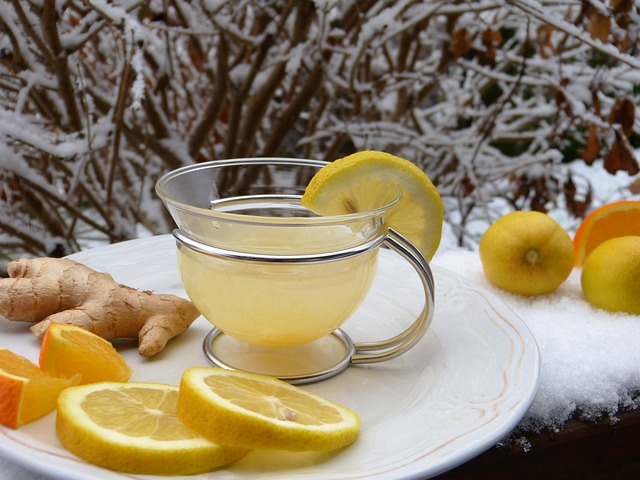
Who are my herbal tea lovers? I’ve mentioned thyme above as one herb that contains a fair amount of vitamin c so choosing a soup recipe with thyme when you are sick is a great idea! But there’s a few other things to keep in the tea box or cupboard as well. Rose hips are delightful and can be added to any tea you may be drinking. If you don’t happen to have rose hips, you may be able to find this rose hip tea at your supermarket or order it on Amazon. Traditional Medicinals is the company and they do sell a rose hip tea separately but the one I gave you the link to has hibiscus, another vitamin c source and it’s so delicious!
Other herbal sources include orange or any citrus peel (just add the dried peel to your tea), horseradish, rosemary, basil, coriander seed, and there’s even a little in cinnamon.
Vitamin C Supplements
Conflicting Information
There’s a lot of conflicting information about supplementing with vitamin c. Many sources say it’s not necessary if you get a variety of vitamin c foods in your diet spread throughout the day. Many disagree and say a good supplement is absolutely necessary. I’m not a doctor or a healthcare provider so I’m just sharing information here based on what I’m reading and hearing in discussions with providers (check out my disclaimer page). From what I’ve seen, especially during the fall and winter, a supplement in necessary, but I also believe that most of your vitamin c should be gotten from fresh, organic ( if possible,) fruits and vegetables such as the ones listed above.
Choosing to Supplement
If you do choose to supplement, or at least have one handy when your immune system may need a little boost in cold and flu viral seasons, here’s what I have to say about picking a good quality supplement.
When choosing how much vitamin c you take on a daily basis you need to consider that the RDA really is about preventing particular diseases and not geared towards optimal health or studies that have been conducted since those numbers were published. Also consider how much vitamin c you may be getting from whole foods on a daily basis. Dr. Axe, cofounder of Ancient Nutrition states in an article about vitamin c that “Vitamin C is a water-soluble vitamin, which means that the risk of toxicity is low as excess amounts are typically excreted by the body.”
A whole foods supplement is a good idea. This would either indicate specific fruits and vegetables on the label, or at the very least indicate the presence of bioflavonoids. There should NOT be any fillers, artificial flavors or colors, or additives. Garden Life is a good brand. They put out Vitamin Code which is a whole foods sourced vitamin c.
The two I keep in my supplement closet are these:
Ester C – This is the best vitamin C we could find on the market many years ago when we first started taking additional supplements and avoiding artificial ingredients and additives. It’s a good quality. They sell this in a 1,000 mg form and a 500 mg form.
Dacha Liposomal Vitamin C – I tend to have a pretty sensitive digestive system from years of poor health. That was from various causes before our big dietary changes. While I’ve had tremendous amounts of healing, vitamin c tends to take its toll on my system if I’m not careful about what supplements I use. I have found that liposomal forms do great for me with no ill side effects whatsoever. I found this one and really like it. A friend of mine makes her own. I haven’t tried that yet, but if you decide to be adventurous and do so, let me know! This formula in the link utilizes phospholipid sunflower lecithin to create liposomes, helping your body to absorb vitamin c.
How Much?
That takes me to what I wrote above. There’s conflicting reports. I can tell you that even with a whole foods diet, I choose to take 1,000 mg daily in the fall and winter. If I’m sick, I might take more. If I’m really sick- which doesn’t happen to often anymore- I may consider resorting to what’s called the Vitamin C Protochisol. It means taking vitamin C to bowel intolerance. This was something I learned from a professional naturopath years ago. Here’s a link to a site that explains it. This protocol is for short term basis only.
In the spring and summer, I tend to cut back unless I’m sick. For one thing, there tends to be less viruses going around in those seasons. That’s less chance of getting sick anyway. It’s also the garden season when fresh fruits and vegetables are more abundant. So I’m getting more from whole foods already. During the summer, I may take an extra capsule 1-2 x a week.
Remember, I’m just sharing my personal usage for this. You need to determine your own. Do some more reading. Figure out how much you get from natural foods and also consider how often you yourself tend to get sick. You may need more for awhile. You may not need anything other than food sources.
Please remember: I am not a doctor or licensed healthcare provider. This post, as are all others on My Wellness Basket, are for educational purposes only. Please see my disclaimer page.
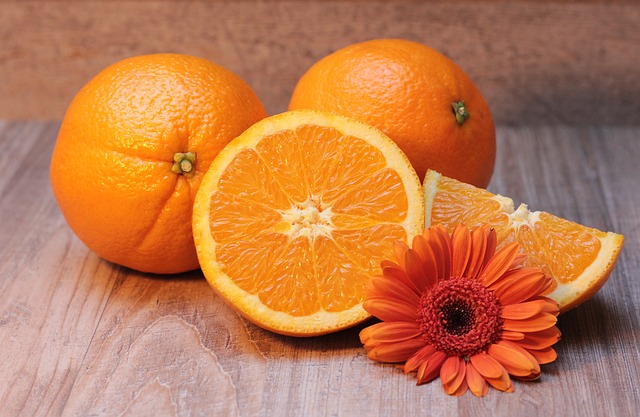


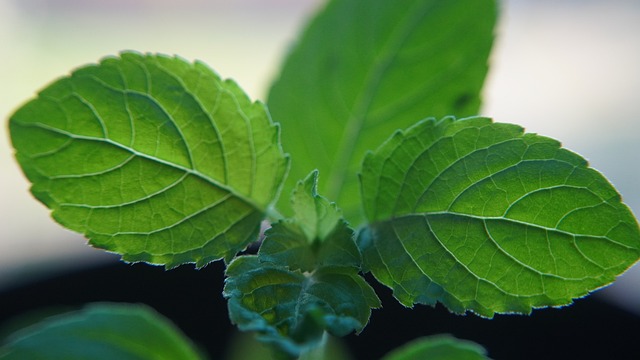
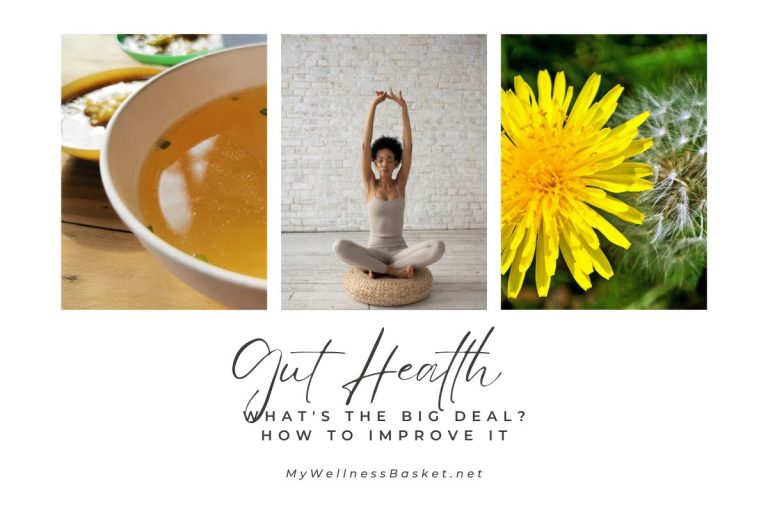

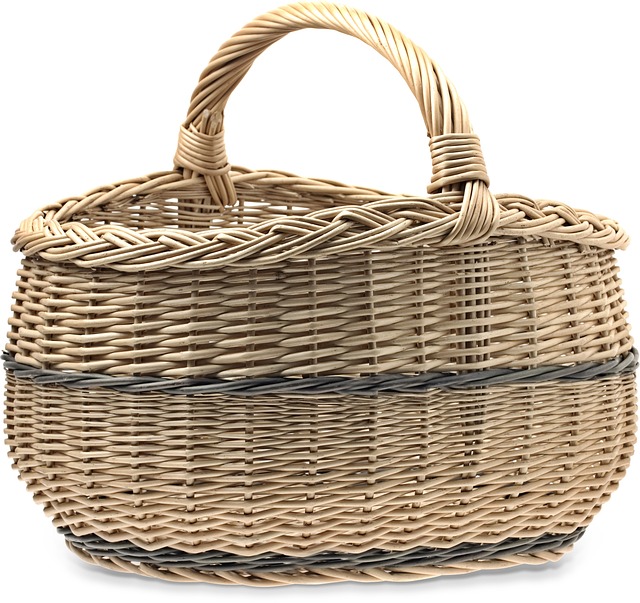

Vitamin C has been such an essential part of my diet and energy levels. Great post! Thanks for sharing.
I’m glad you make sure it’s included! 🙂
Very informative and helpful post on getting vitamin c from Whole Foods. I know most think of fruits but it’s an interesting tip to use teas as well!
I hope you will try some! Be sure to check out the herb posts as well!
This is a very interesting post. You are right, Vitamin c from fresh fruits and vegetables is always better. I learned in one of my Nutrition Science classes that studies show that supplemental vitamin C over 500 mg, becomes less bioavailable. So buying vitamin c supplements >1000 mg to 5000 mg is a waste; the excess will be excreted as waste by the body.
Whole foods are always better but sometimes it’s not enough. For example, when I’m ill or my immune system is weakened by something, I will take supplements. Regarding the dosage, This may be true according to some studies depending on the type of vitamin C you use. There are actually a few on the market that stay in your system longer. There is conflicting information out there on this topic as I stated as well. I go by what I read in materials on functional medicine and my own healthcare providers. Also, vitamin C dosage affects the adrenals and if you have adrenal fatigue you are going to need more vitamin c. Thanks for stopping by!